Mike Cagley IlliniGuys.com
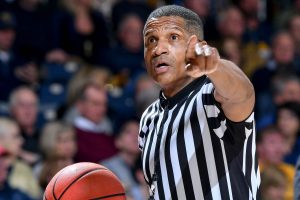
Courtesy sbnation.com
Has anyone ever heard a disparaging word about college basketball referees or their competence? Ever uttered something derisive yourself? As anyone who knows me realizes, I’ll have to take the 5th on this question.
Being an NCAA referee is most certainly one of the most challenging jobs known to modern man. Every call is digitally recorded for posterity. Analysis of calls is endless. However, the knowledge of the rulebook amongst analysts seems to be very limited.
Fans with biases – many who refuse to admit they have said biases - jump up and yell in outrage at every perceived bad call. What must it be like to the focus of such animus?
Amazingly enough, a chance meeting at a Midwest restaurant with an old friend who is an NCAA basketball referee gave me some insight into the point of view of the referees who are the target of the anger of many a fan. He allowed me to paraphrase his answers to numerous inquiries.
For purposes of this column, I will refer to my referee friend as Bob. That way his anonymity is ensured. Let us see how a real NCAA referee responded to a multitude of issues:
Bias for or against a particular team(s)
Bob: There is no referee who steps out on to the court who wants to do anything to hurt the prospects of any player, coach, or team by his actions. We are there to do the best job we possibly can. Period.
Dealing with coaches
Bob: A referee can’t play to the coaches. You must focus on basketball. You’re not there to appease a coach but to do the best job you can.
You do need to communicate well. Sometimes you need to work harder to be effective at this part of the job. If there’s an issue, the referee has to communicate well because when solving an issue, it’s easier to do so by getting a new referee rather than a new coach. Communication is key.
Dealing with “big-time coaches”
Bob: Referees know what to expect from the big names in coaching. You know what a Huggins team will be like and play like, or a Calipari team, etc. There are challenges, as some coaches don’t want a flow to the game, and thus they play a style that forces a lot of whistles. Some coaches desire foul calls. They don’t want any momentum to be built up by their opponents.
The one concern you have is to call a good game in the style of the conference you’re working in. Referees are aware of a lot of things when it comes to games. Among these things are the coach's temperament and their approach to basketball game but, it doesn't change the rulebook. What might change how a referee interacts with the coaches because it doesn't help anyone to have coaches complaining about you. Great communication skills are necessary, but the key is to make the right calls, so any complaints are more of a “sour grapes” complaint. Sometimes coaches and fans just don’t like your calls, but they’re still good calls if they follow the rulebook.
Dealing with “bad calls”
Bob: The monitor is king. Everyone misses calls. You can’t hide from it. Players miss shots. Coaches miss time out opportunities. A referee must let a bad call go and get the next one right.
But make no mistake, we are aware as the time in a game ticks down that a bad call then means less time for a team to overcome that bad call. Pressure to perform well is there for referees just like it is for players and coaches.
Officiating Coordinators
Coordinators are very important to a conference’s officiating. They determine the style of officiating and what to emphasize in terms of calls and game play. Coordinators will work for multiple conferences but will focus on a brand of basketball that the conference wants to provide to fans. This is communicated via phone calls prior to each game to the officiating crews. If you cannot ref in the style that is desired, you will not be a ref in that conference very long.
The coordinators provide an unbiased opinion for a referee to get feedback. Discussions focus on specific plays and how things are being interpreted and emphasized. Each season has adjustments to interpretations and these interpretations can change over the course of a season. A referee is expected to have the ability to keep up with these changes and officiate games accordingly.
Refereeing a guy like Kofi (think Incredible Hulk or Shaquille O’Neal)
Referees do not focus on how many free throws a player has attempted or worrying how many the player will shoot. The key is protecting the shooter and understanding what physical contact truly makes a difference on a play. Can the contact be played through? Or, can it not be played through? That is the determining factor.
When a player stops shooting free throws, many times it’s because the offense has shifted, and that player isn’t getting the shots he was earlier or maybe he’s even touching the ball much less.
There are other factors such the game has a flow (or momentum) that overrides stopping the game for a player to shoot a ton of free throws. These are the things that referees are thinking about, protecting players and the individual game’s flow – not who is scoring and who is shooting free throws. The fan’s point of view is totally different.
Refereeing the NCAA Tournament
The NCAA tournament is run by a national coordinator, not one of the conference coordinators. The way the game is officiated in the B1G or the SEC (or any other conference) is irrelevant at this point.
The NCAA is trying to tear down silos for referee styles and the NCAA tournament is run so that all games are refereed in a similar style. Therefore, you won’t worry about B1G referees allowing a B1G team to beat an SEC team due to the style of officiating. In the tourney, the referees will all call games to the style that the NCAA coordinator wants.
The NCAA is refereed in a style that makes sure that talent can be displayed on the court. It is not a game of attrition or of an overly physical defensive style. Players can make plays.
Difference between NBA and NCAA referees
There are two big differences. The NBA referees are full-time employees. Not having other professions or jobs means more time for additional training and evaluations – which makes a difference. This makes the NBA referees more consistent than referees that are not full-time officials.
The other factor is the number of talented big men is much higher in the NBA. With additional big men, the officiating of big men is better. While college basketball has bigs, the college game is dominated by guards. And of course, college kids aren't working on their craft all day the way NBA players are able to do. Having more skilled players to officiate helps a lot as well.
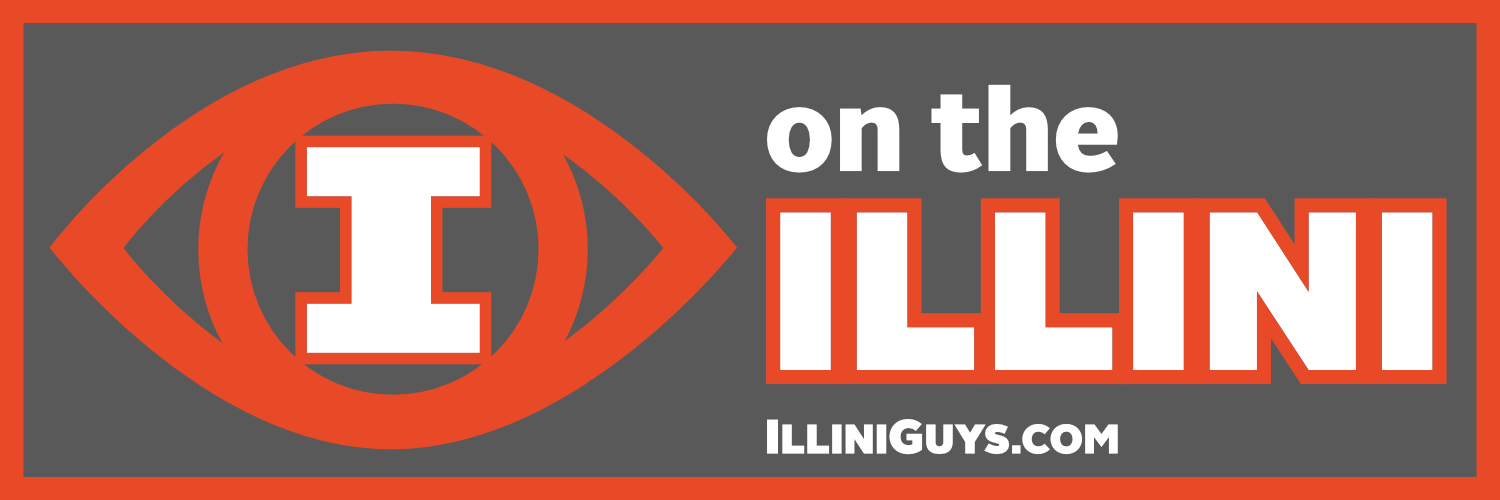
Illinois Fighting Illini's 66 – 64 Loss to the Tennessee Volunteers #442
Listen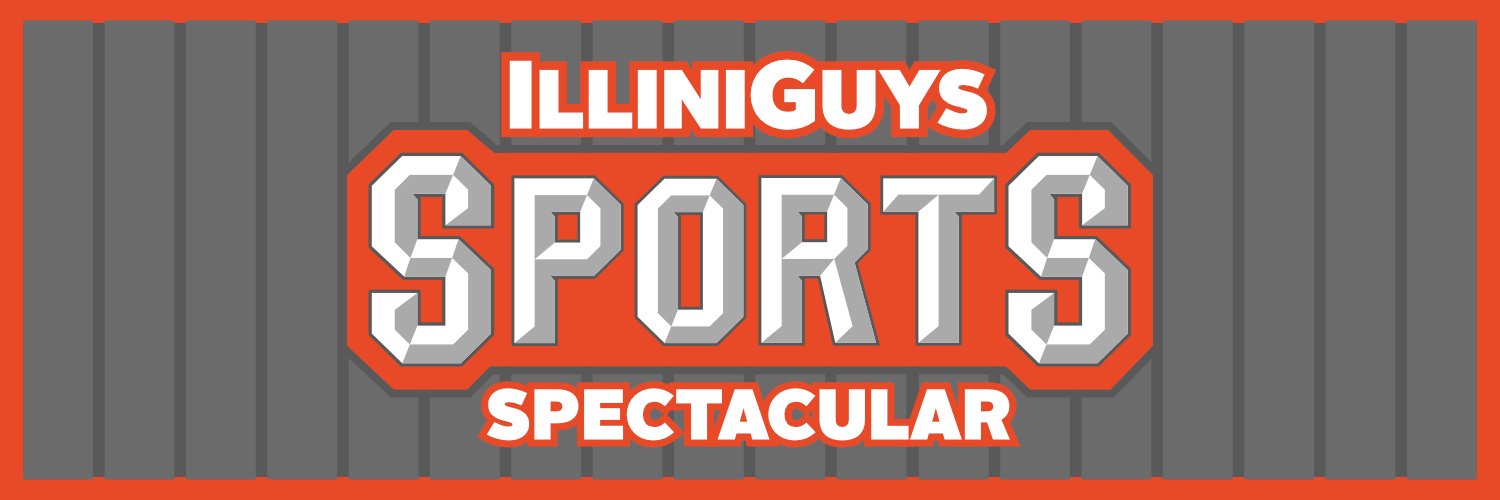
Dec 13 Weekend - Hour 2 - S4Ep18
Listen
Dec 13 Weekend - Hour 1 - S4Ep18
Listen
Illinois Fighting Illini Win 86-80 versus Wisconsin Badgers - #441
Listen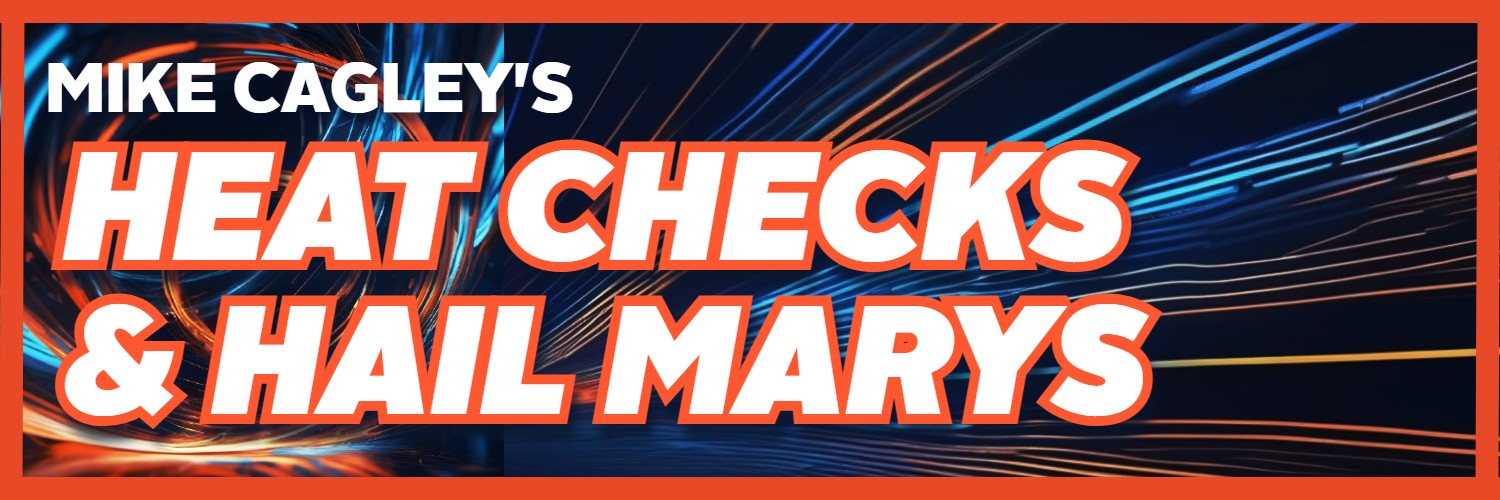
College Football Playoffs, Coach Collins Quote, Play Morez Johnson More & Has Drew Allar Arrived & Sturdy Stops In to Talk Illini BB & FB with CFP
Listen
Dec 6 Weekend - Hour 2 - S4Ep17
Listen
Dec 6 Weekend - Hour 1 - S4Ep17
Listen
Illinois Fighting Illini Lose in OT at Northwestern - #440
Listen
Illinois Fighting Illini Football National Signing Day - #439
Listen
Illinois Fighting Illini Football Legend Kurt Kittner Talks Illinois & B1G Football #438
Listen
Heat Checks & Hail Marys – Ryan Day, High School Football Playoff Solutions & An AD's Response & B1G Football Team Rankings
Listen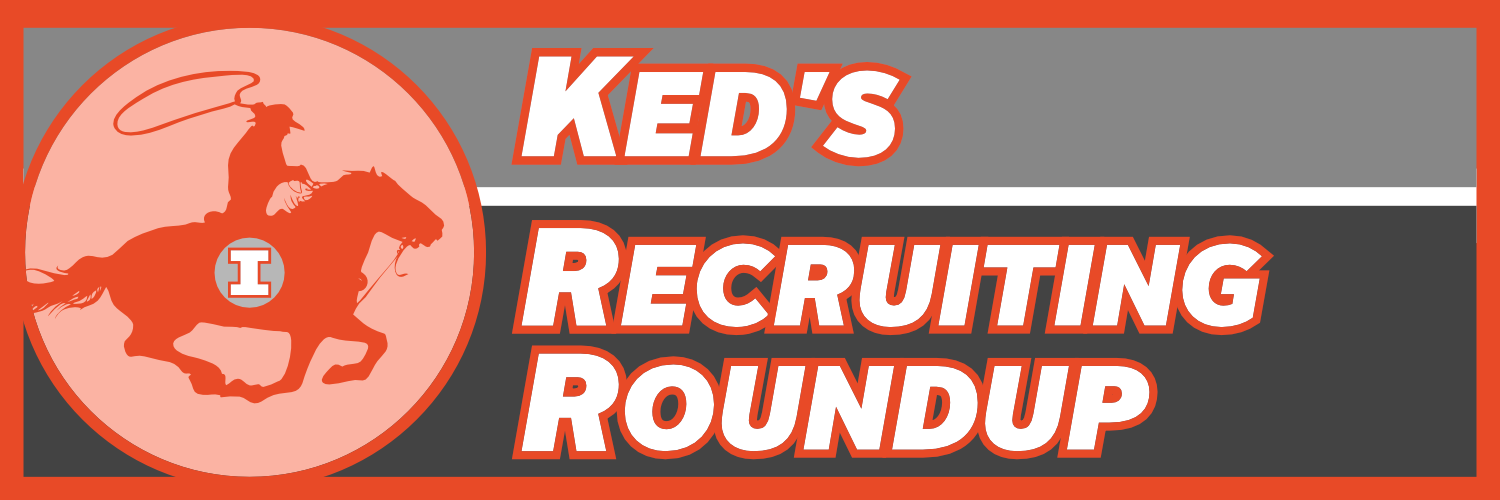
Ked's Recruiting Roundup - Ked interviews Top JUCO Linebacker & Illini Commit Ismael Kante
Listen
Illinois Fighting Illini 38-28 Win Over the Northwestern Wildcats – Post Game Analysis #437
Listen
Illinois Fighting Illini 38-28 Win Over the Northwestern Wildcats #436
Listen
Nov 29 Weekend - Hour 2 - S4Ep16
Listen